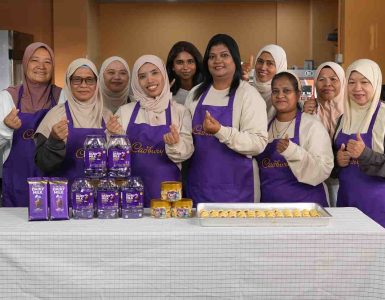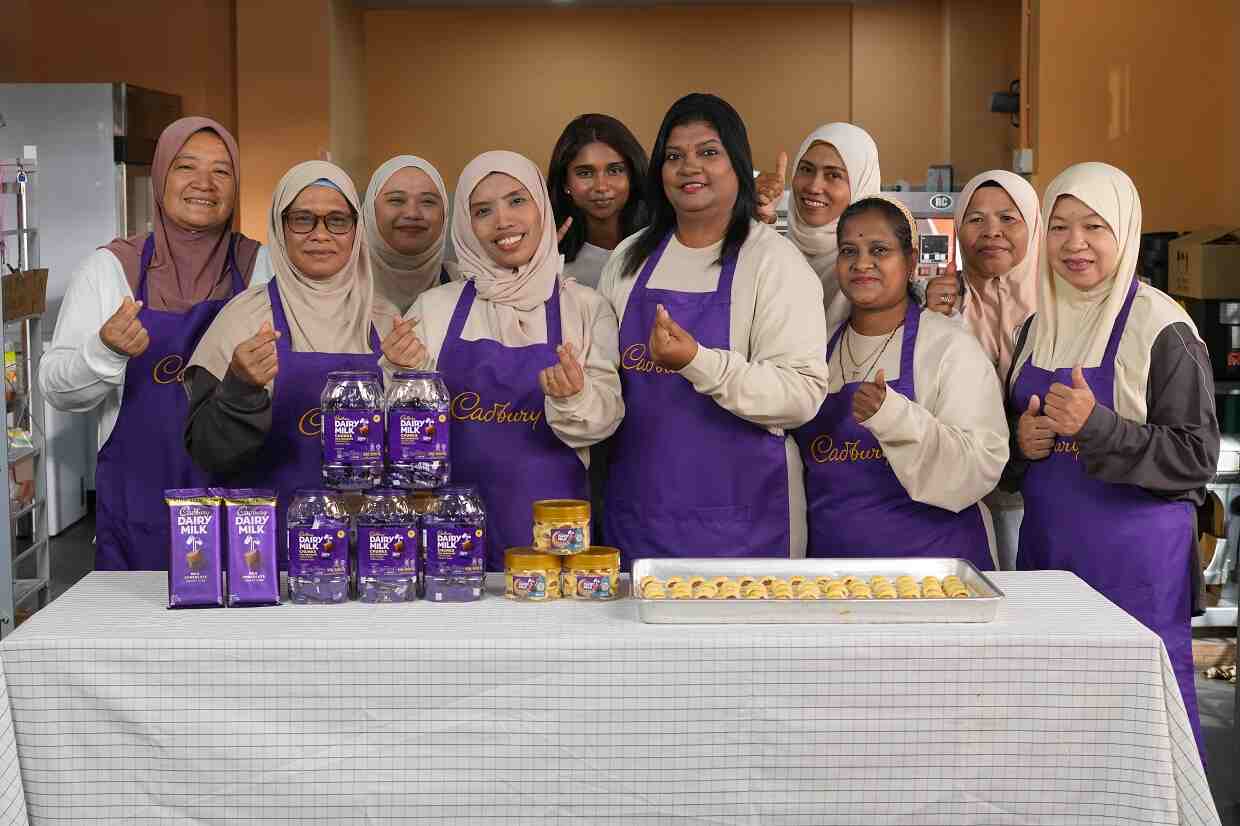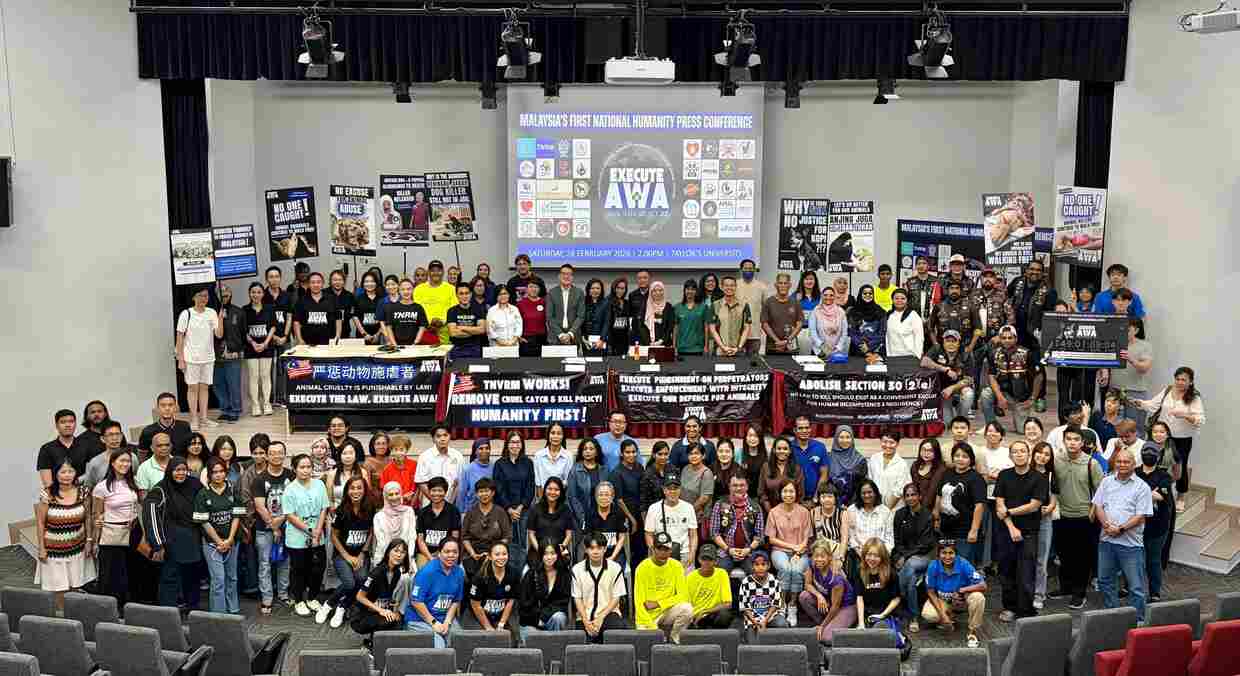Brian Lim Yung Loi is a Sino-Dusun from Ranau. His father is a Hokkien Chinese and his mother a native pagan.
They considered themselves as Taoists.
He works as an engineer at a state government department and resides in Kota Kinabalu, and was educated at a Christian Brothers school.
On the eve of Chinese New Year, he is bringing his family to Ranau to celebrate the festival with his parents and siblings.
His wife is a Chinese Christian and they brought up their children as Christians.
“We celebrate Chinese New Year every year just like the Chinese Malaysians do,” Brian said.
“We have our reunion dinner where everyone helps out in the preparation and cooking. We pay respect to our elders and those who have gone before us before the family altar. We give out ang pows to children. We indulge in mahjong and other games”, said Brian.
“Some Sinos may not be able to read Chinese characters of the mahjong tiles but they can play the game. Some in fact are better than some Chinese, “ Brian said.
Brain’s clan is typical of a Chinese dominant paternal Sino family.
If the father is a Native and the mother is of Chinese descent, the family, if they want to celebrate Chinese New Year, would most likely to visit the mother’s family or siblings if any.
In such cases, the role of the maternal in-laws of the Sino family would determine their experiences of the festivity.
The same goes for Chindians- families of mixed Chinese and Indian parentage.
However, for Sino-Muslim members of a Chinese clan, there is an added sensitivity as to the presence of non-halal food and drinks in their food preparations.
In Sabah, not many would take offence at such offerings on the common table with gaming activities although most hosts would segregate dining areas for Muslim family members and guests.
There are also many young Sino-Kadazans and Dusuns who do not carry on celebrating the festival that their Chinese forebears used to observe before they passed away.
During the 1970s, many Sinos in Sabah gave up their Chinese surnames for Bumiputra names like the Thais and Indonesians to avoid being discriminated under the New Economic Policy.
Today many prefer to consider themselves as pure Bumiputras and many try to conceal their Chinese lineage or heritage to avert discriminatory practices or plain racial hatred from some quarters within the corridors of power be it in the bureaucracy for the sake of promotional prospects or in the field of politics in non-Chinese based parties.
But that does not prevent them like other people from thronging Chinese Malaysian homes or parties at eateries to mark the annual welcoming of the spring season that marks Chinese New Year although Malaysia does not enjoy a four-season weather.












